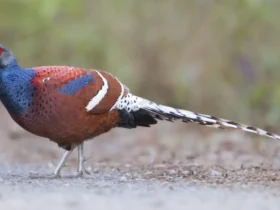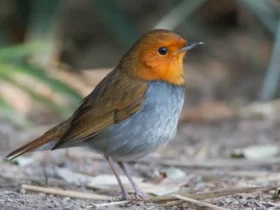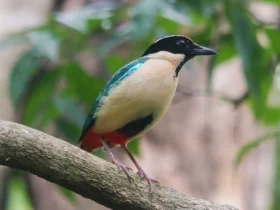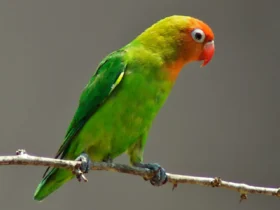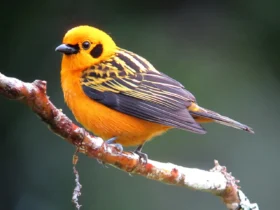In the diverse avian realm, the Eurasian Magpie (Pica pica) stands as a testament to intelligence, adaptability, and complex social behaviors. With its distinctive black and white plumage, remarkable cognitive abilities, and a knack for survival in various habitats, the Eurasian Magpie has intrigued scientists, birdwatchers, and nature enthusiasts for generations. In this article, we explore the captivating world of the Eurasian Magpie, delving into its appearance, behaviors, habitat, and the remarkable cognitive prowess that sets it apart in the avian kingdom.
Eurasian Magpie images
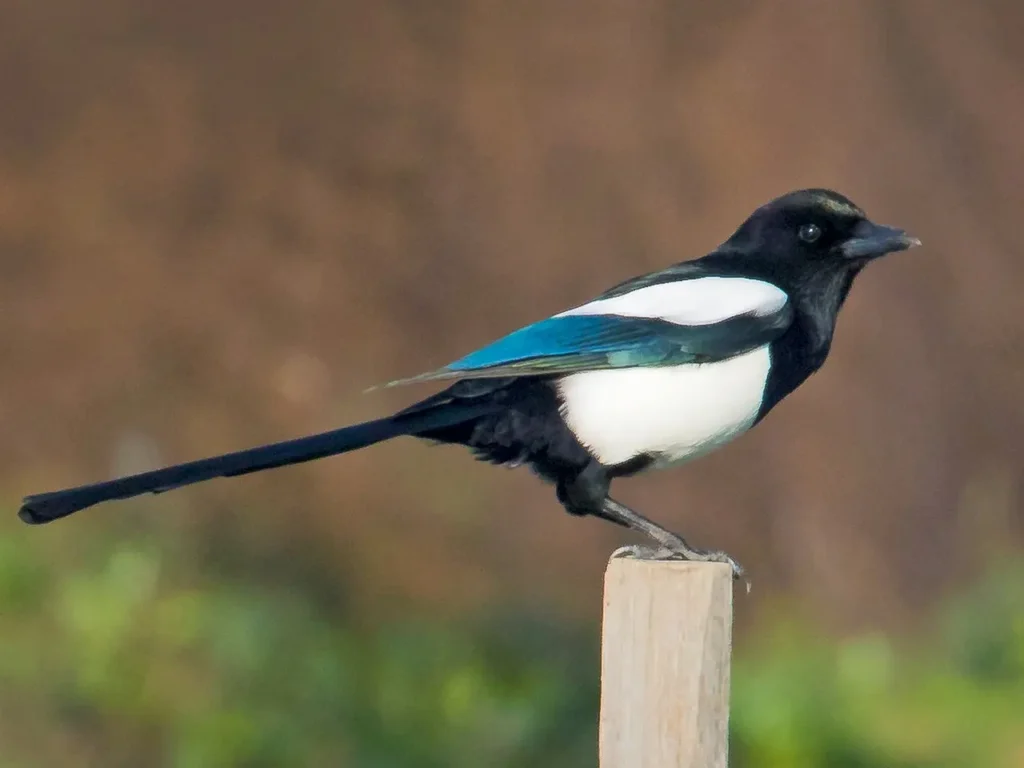
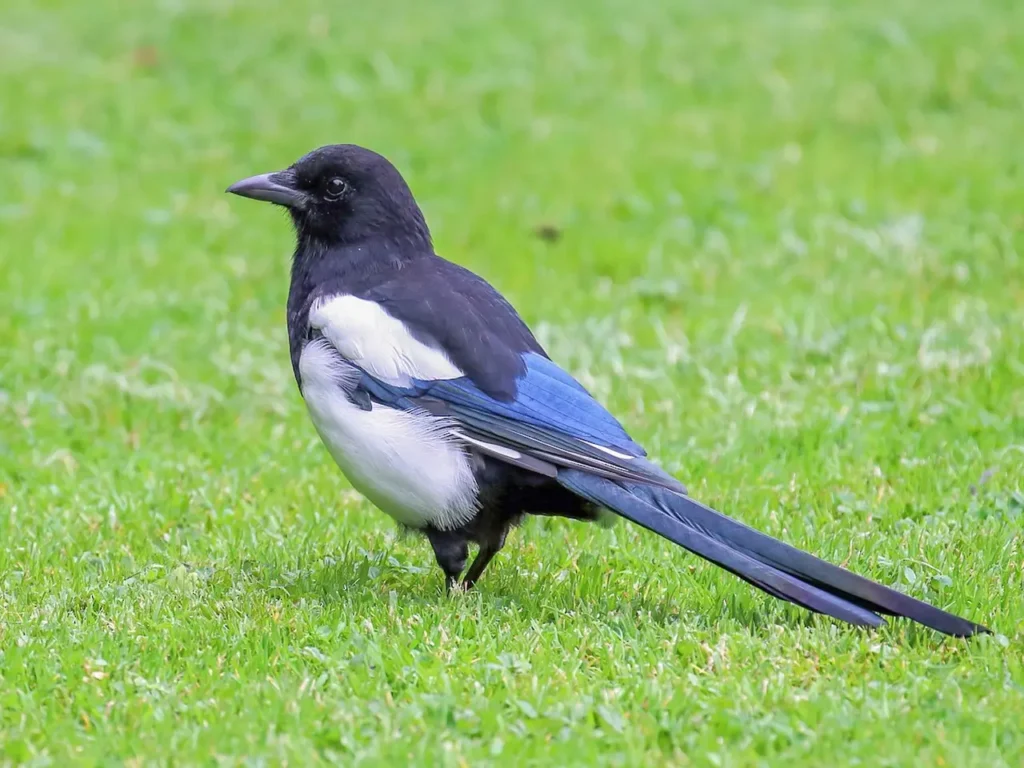
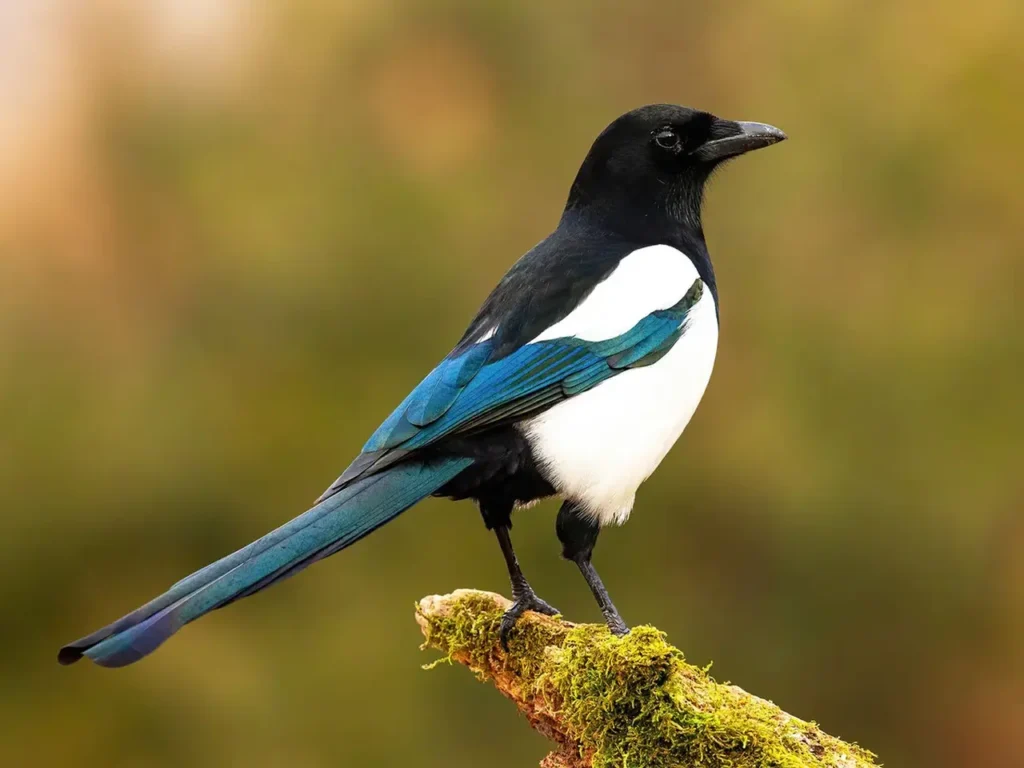

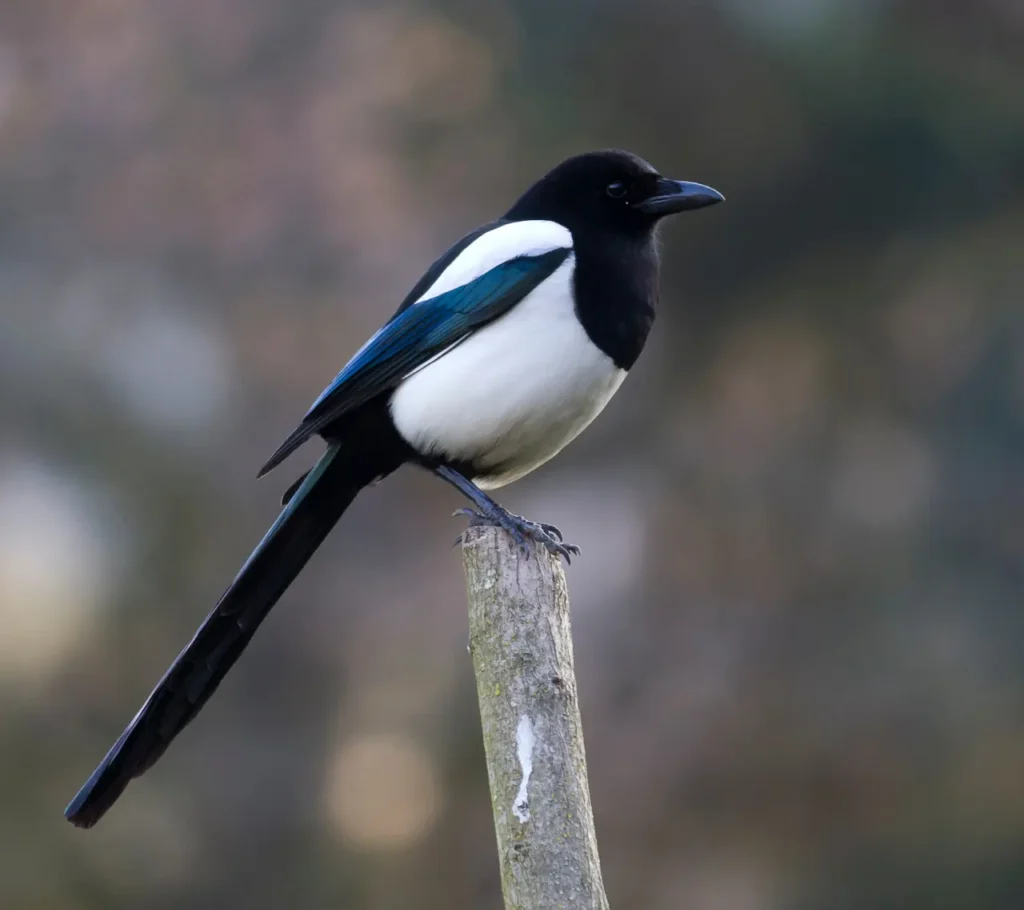



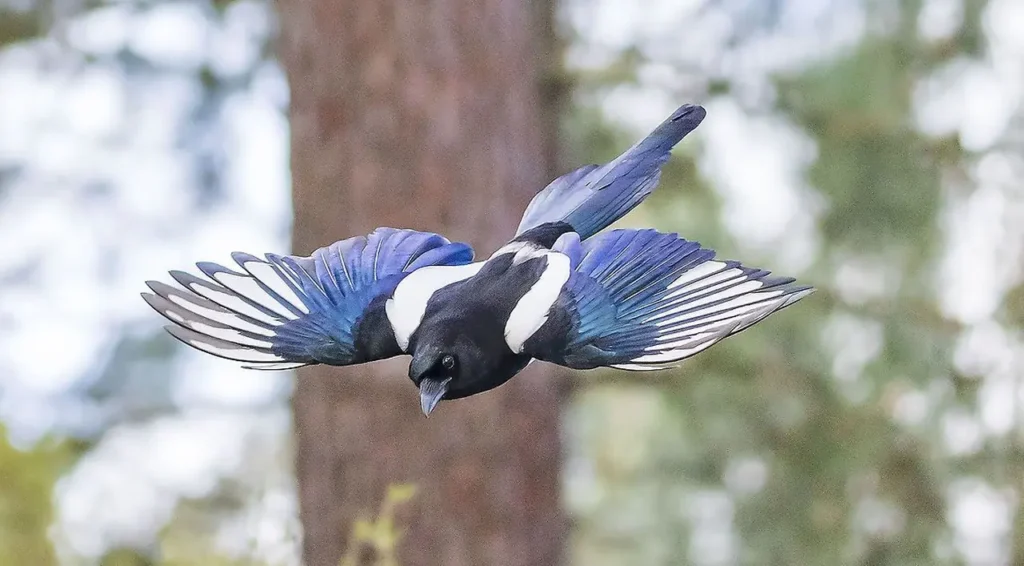
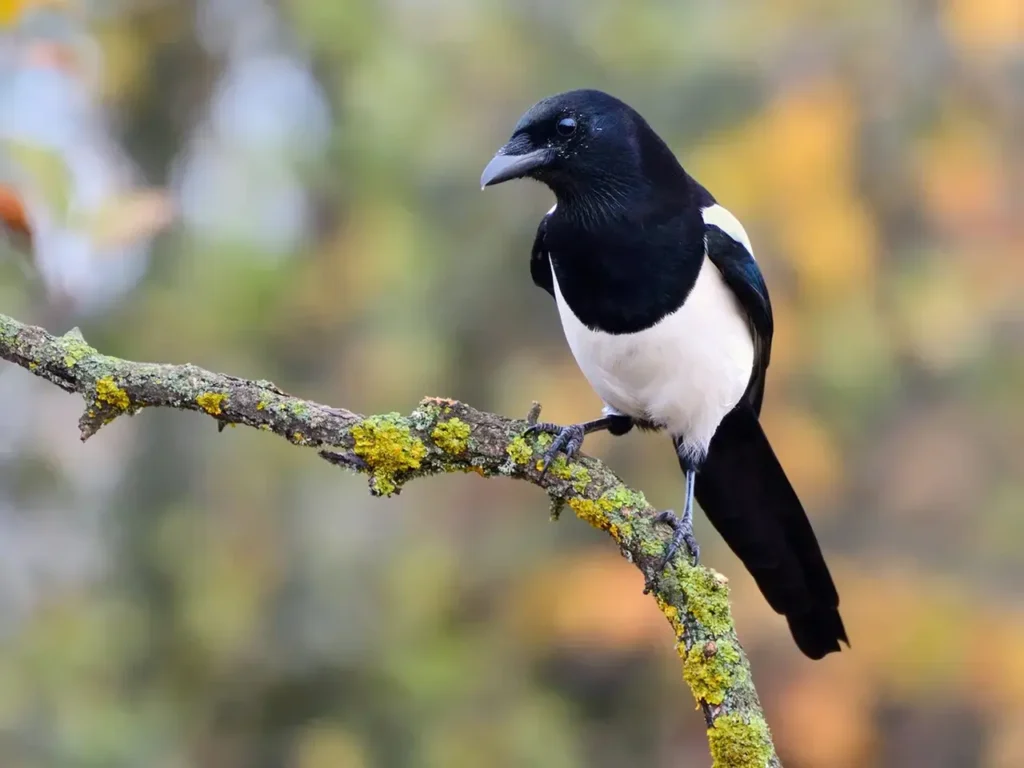
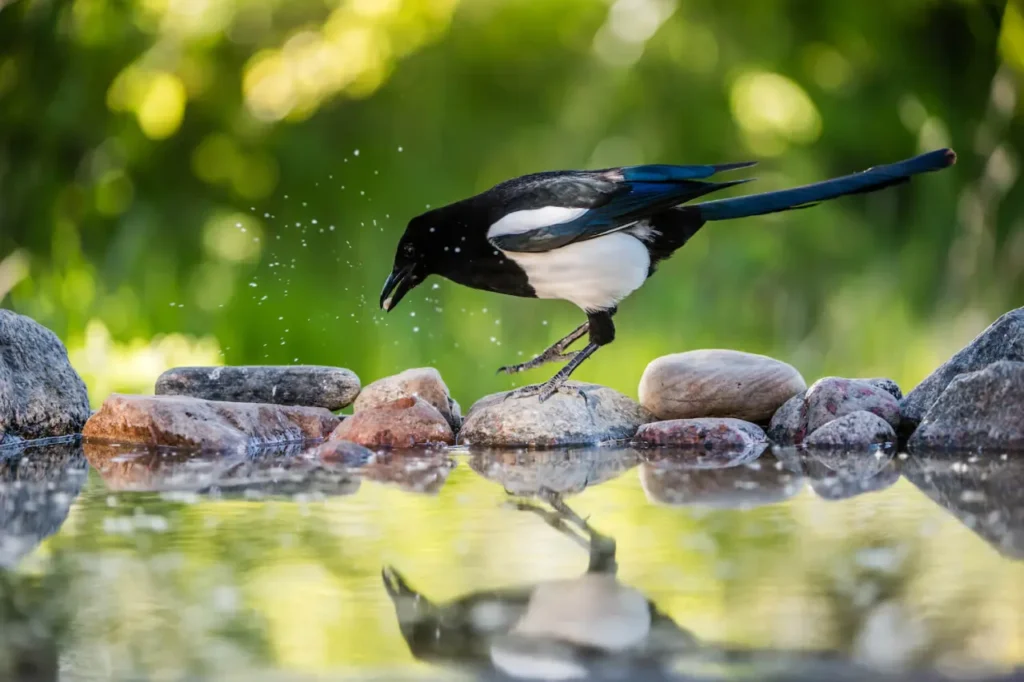
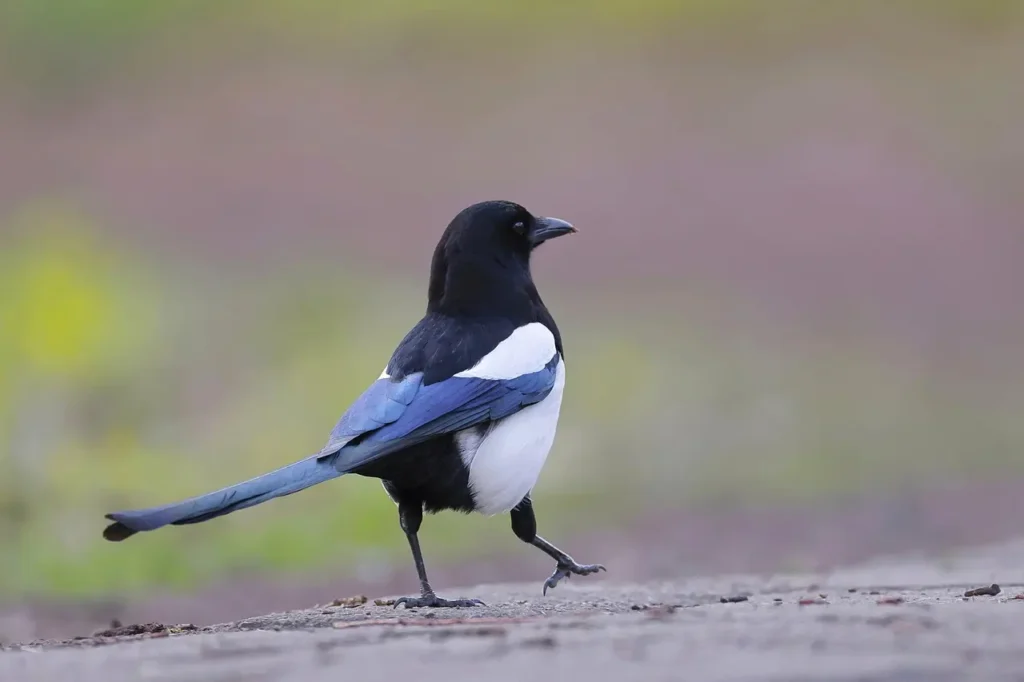
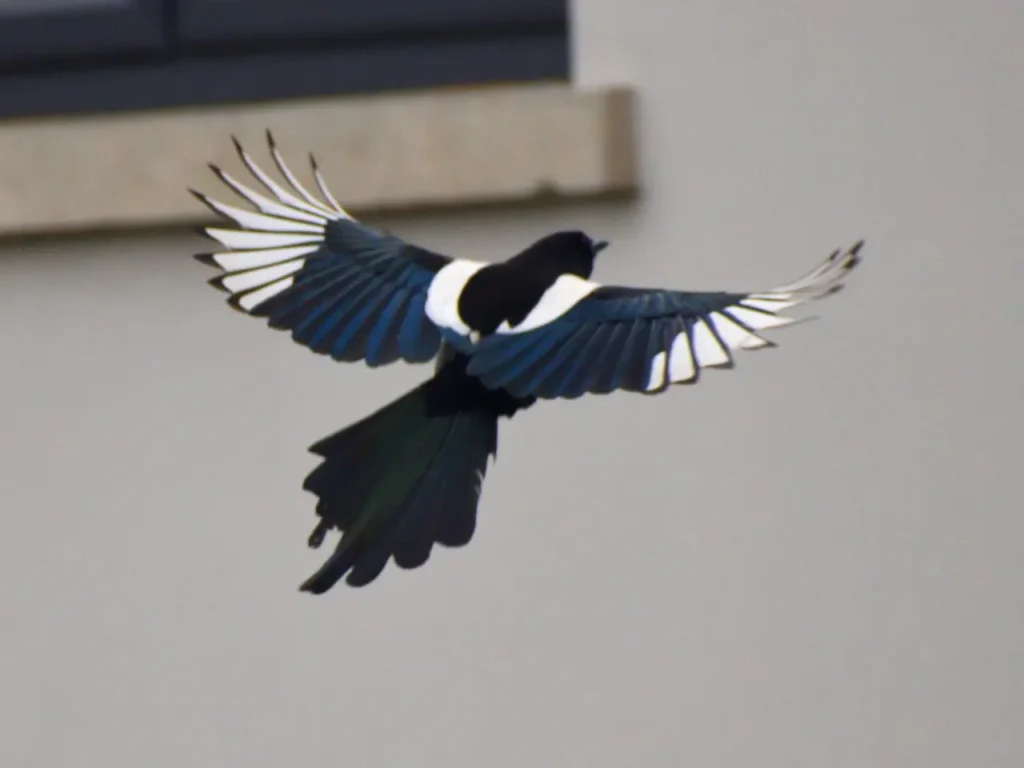
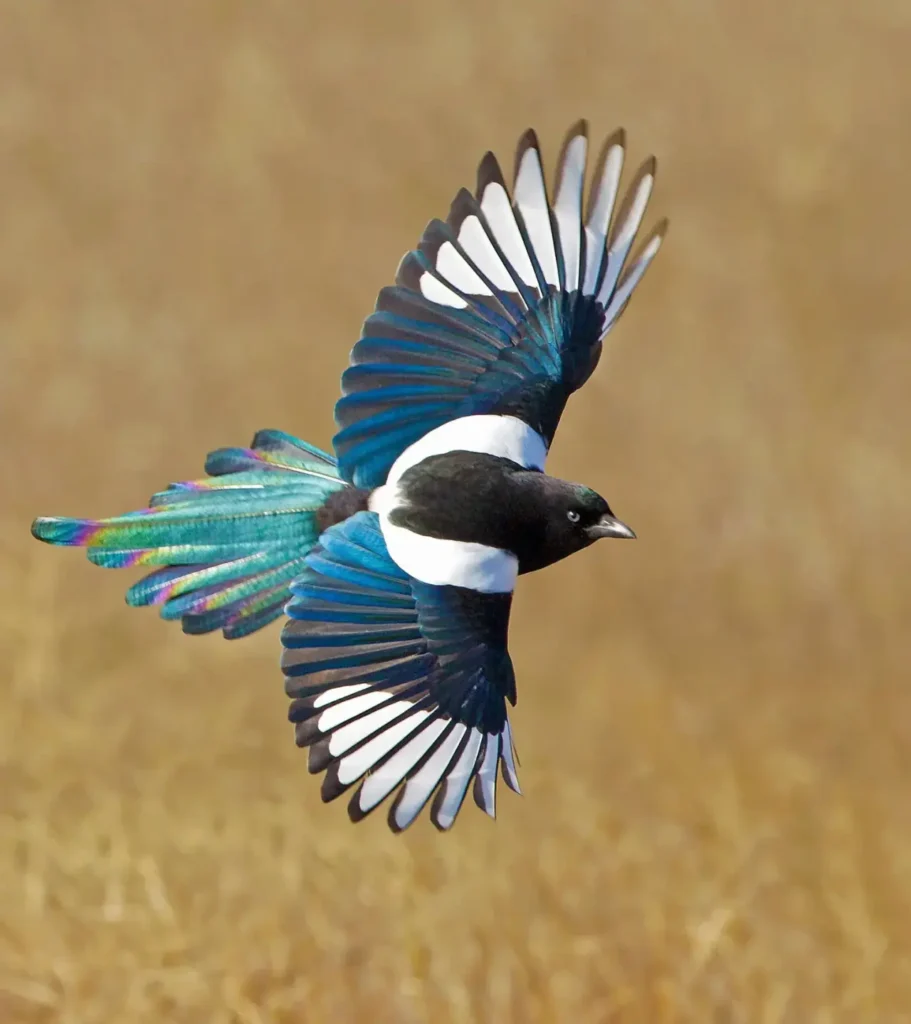
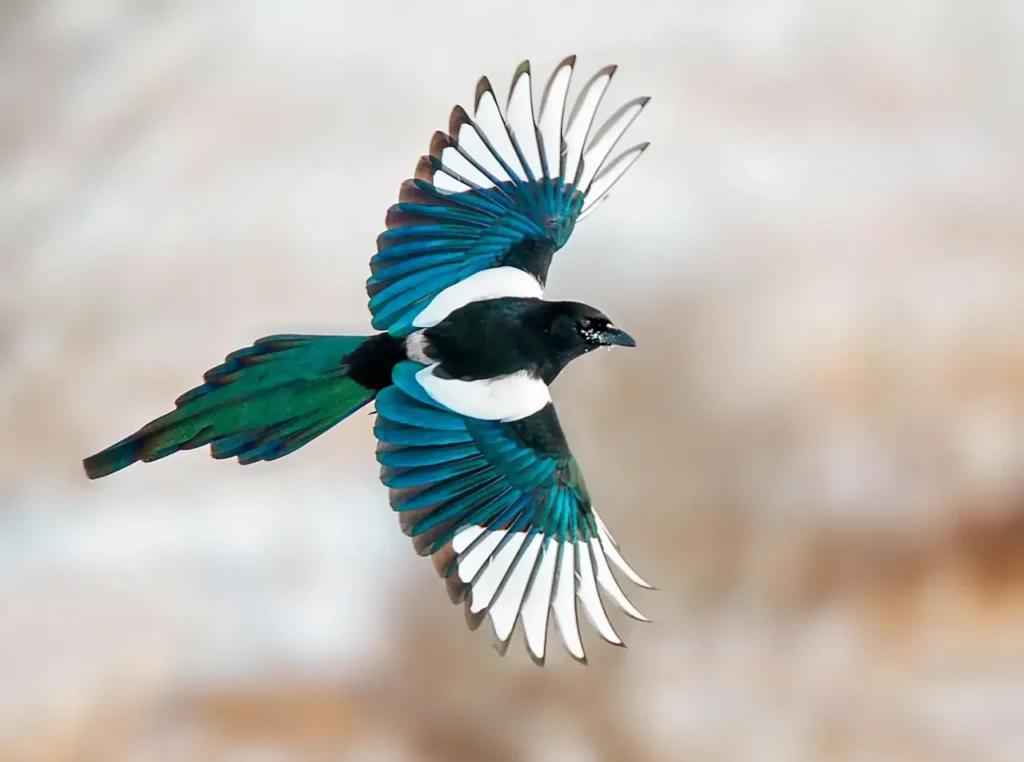
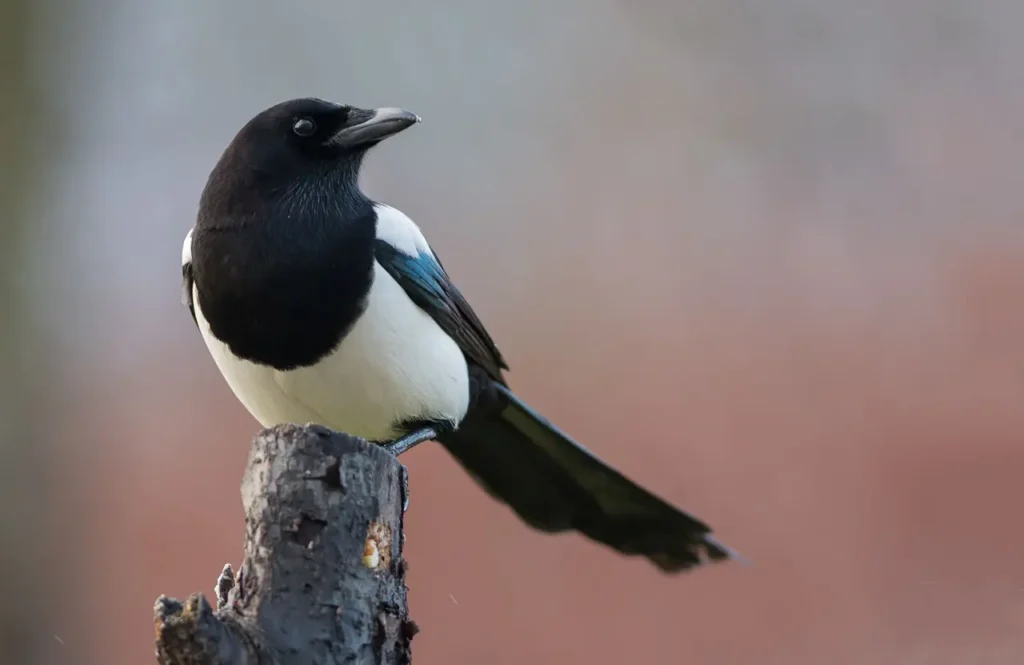
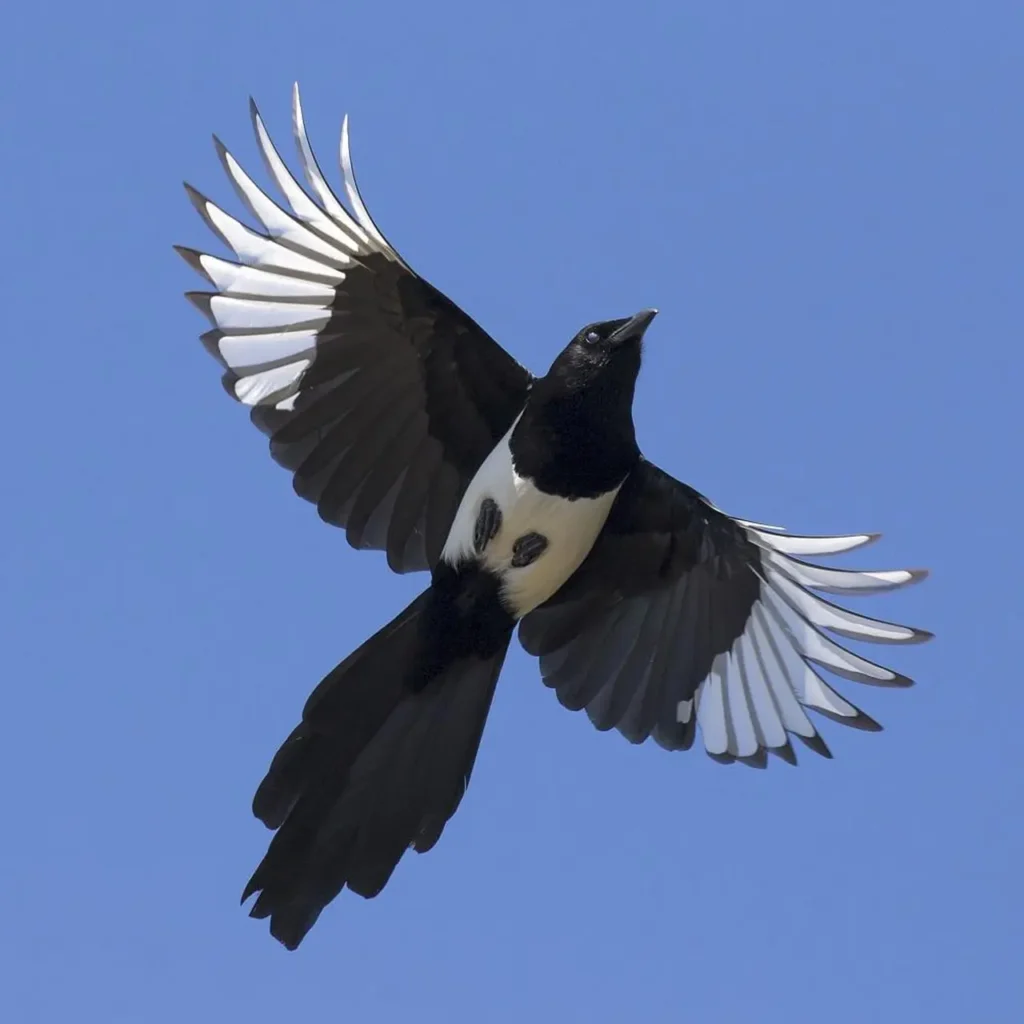
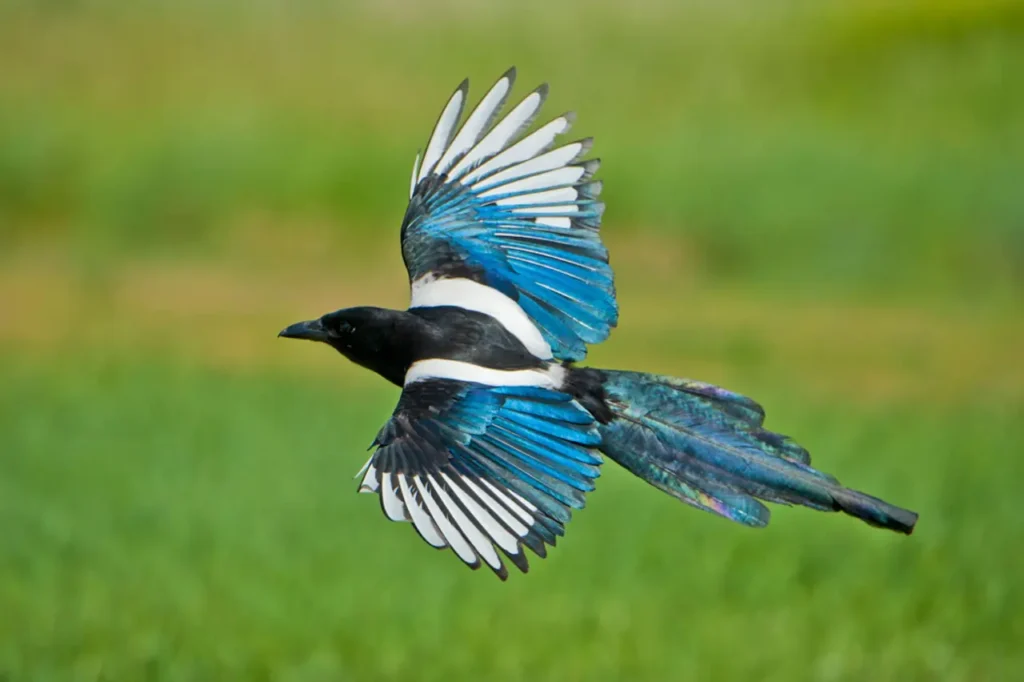
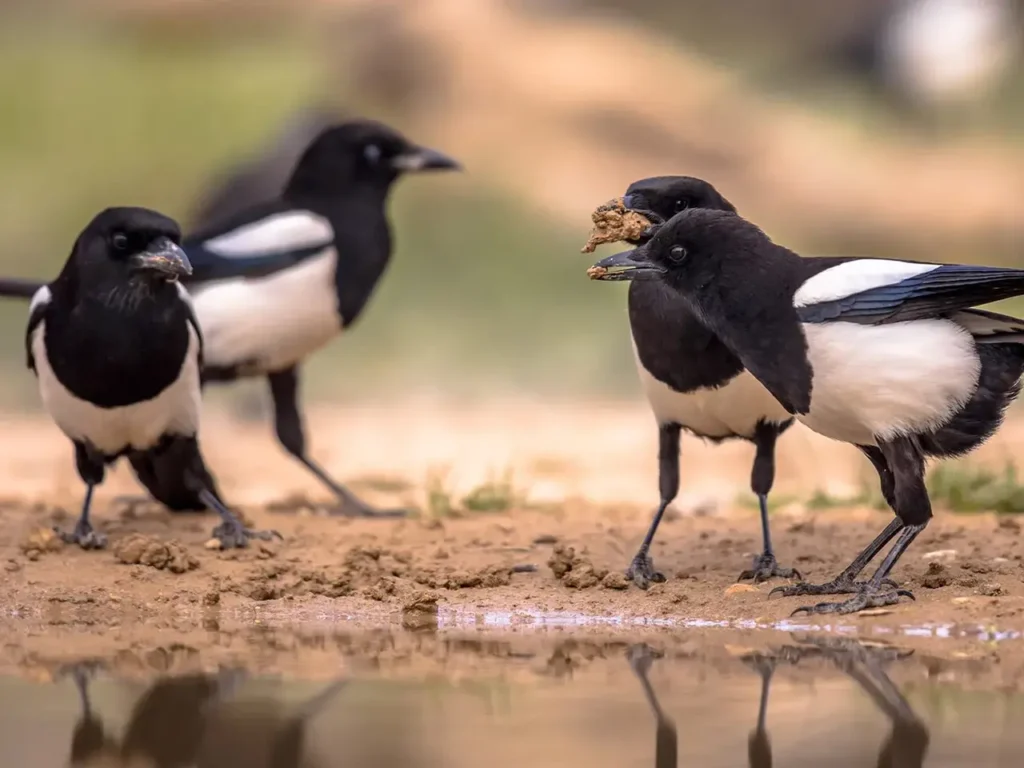
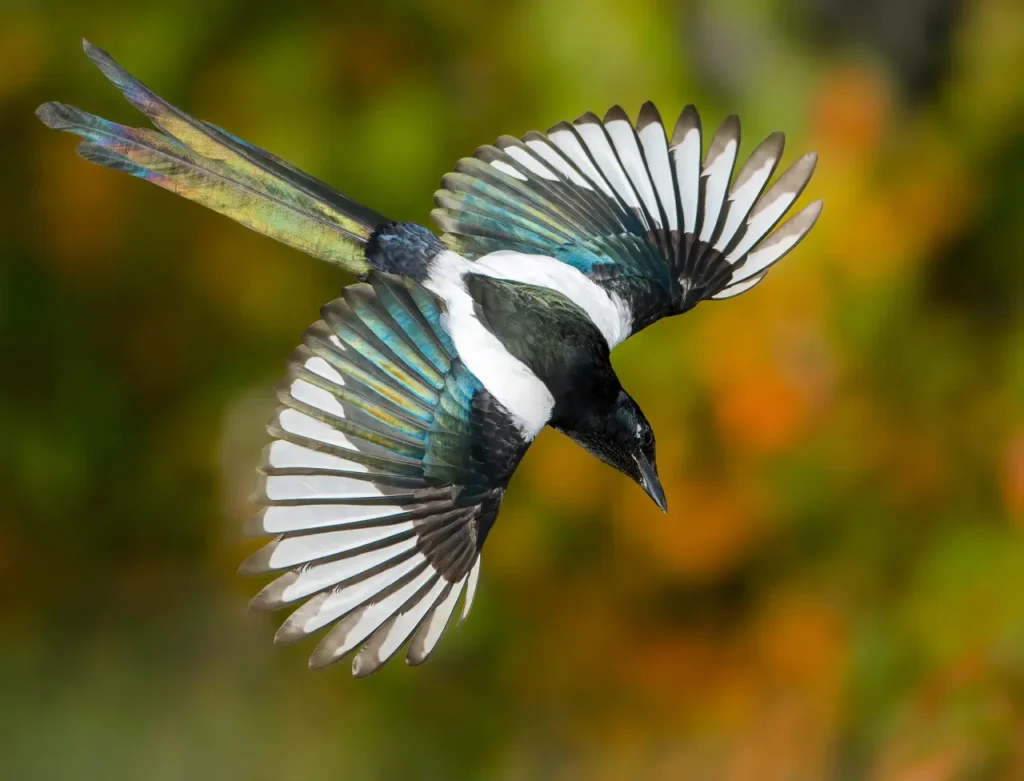
Appearance and Characteristics
The Eurasian Magpie is a medium-sized bird characterized by its striking black and white plumage. Its black body and wings contrast with its pristine white belly, neck, and shoulder feathers. Additionally, the magpie boasts an iridescent blue-green patch on its wings, which shimmers in the light, adding to its allure.
One of the magpie’s most distinguishing features is its long, graduated tail, which enhances its agility during flight. Its robust bill and sturdy legs are adapted for a range of tasks, from foraging for food to constructing intricate nests.
Habitat and Range
The Eurasian Magpie is a highly adaptable species that can be found in a variety of habitats across Europe, Asia, and parts of North Africa. It has demonstrated its ability to thrive in diverse environments, including woodlands, forests, urban areas, and even agricultural landscapes. This adaptability contributes to its wide distribution and population success.
Behaviors and Cognitive Abilities
The Eurasian Magpie is renowned for its exceptional intelligence and problem-solving skills. Studies have shown that these birds are capable of complex tasks, such as recognizing themselves in mirrors, using tools, and understanding cause-and-effect relationships. Their cognitive abilities rival those of some primates and dolphins, making them one of the most intelligent non-human animals.
Magpies are highly social birds that often form small groups or even larger flocks. They engage in complex social interactions, vocalizations, and even play behaviors. Their vocal repertoire includes a range of calls and mimicry of other birds and sounds in their environment.
Diet and Foraging
The diet of the Eurasian Magpie is omnivorous and varied, making it an opportunistic feeder. It feeds on a wide range of food items, including insects, small animals, fruits, seeds, and even scraps and leftovers from human settlements. Their ability to adapt their diet to different seasons and environments contributes to their success as a species.
The Eurasian Magpie, with its distinct appearance, remarkable intelligence, and adaptability, offers a glimpse into the complex world of avian behavior and cognition. Its role as a symbol of intelligence and its ability to thrive in various habitats make it a fascinating subject of study and observation. By understanding and appreciating the intricacies of the Eurasian Magpie’s life, we gain a deeper appreciation for the diversity and ingenuity of the natural world that surrounds us.


